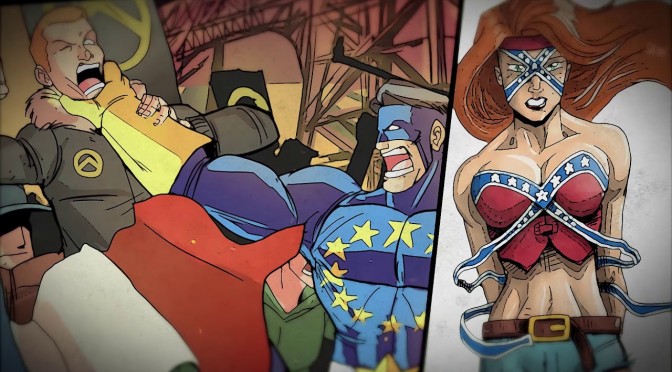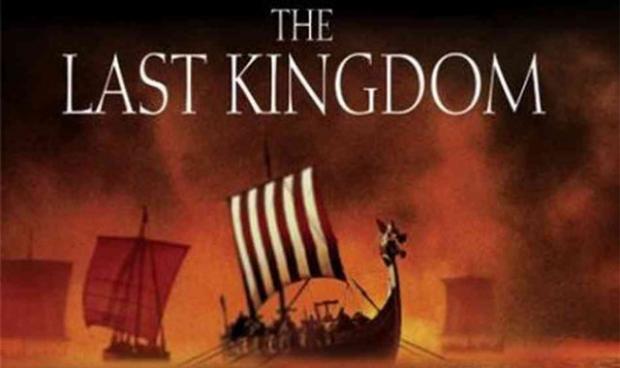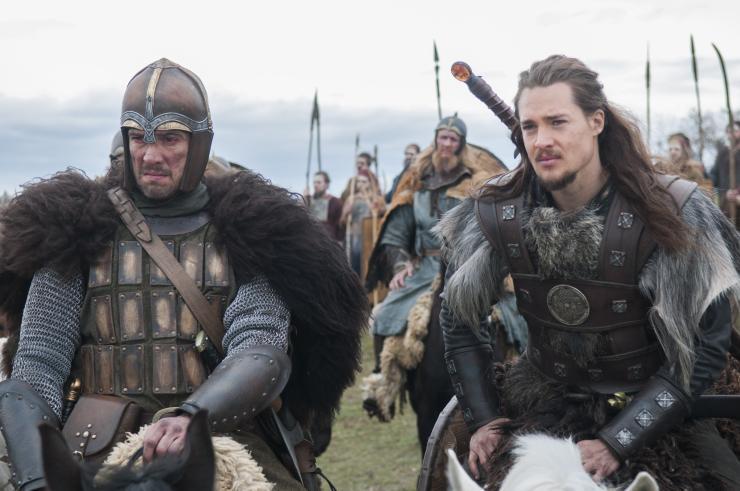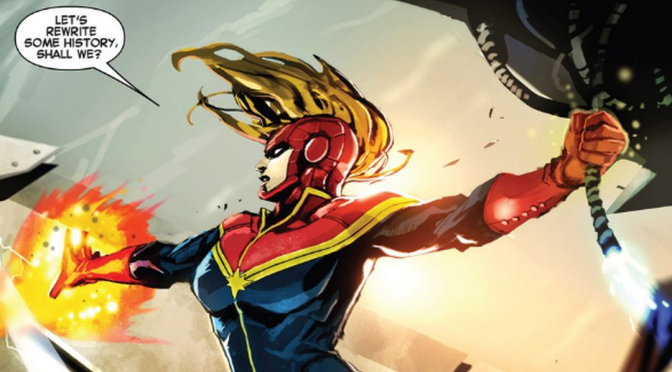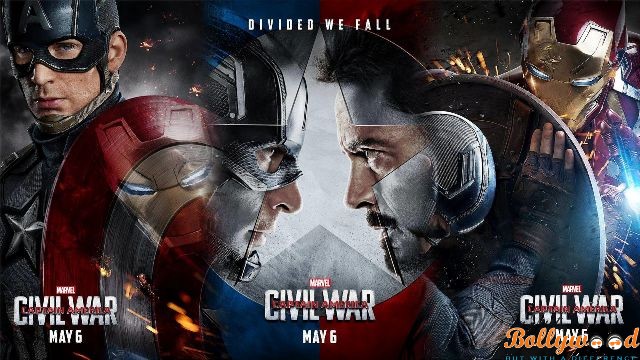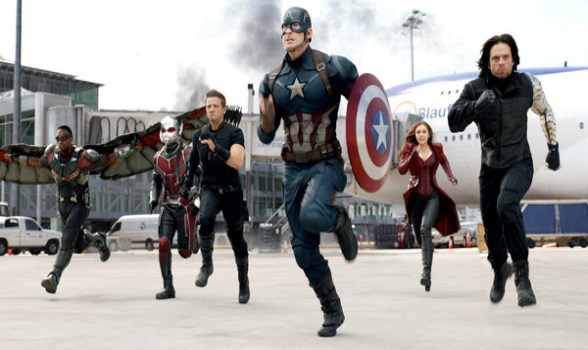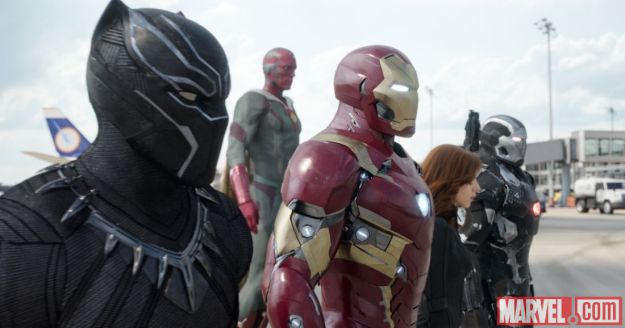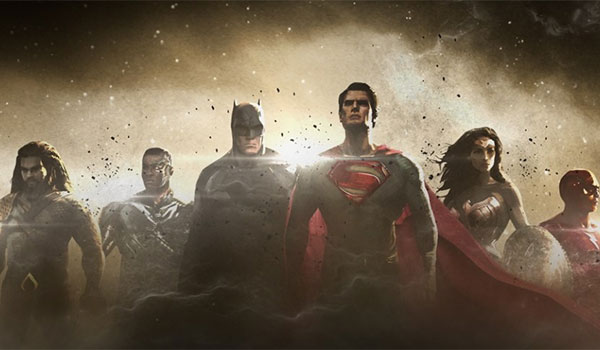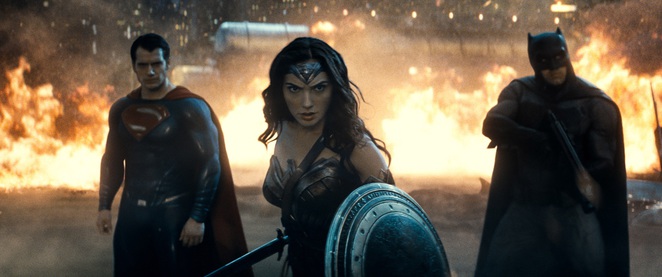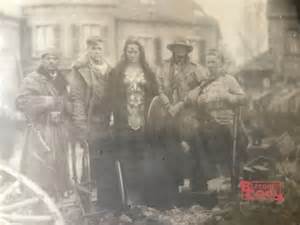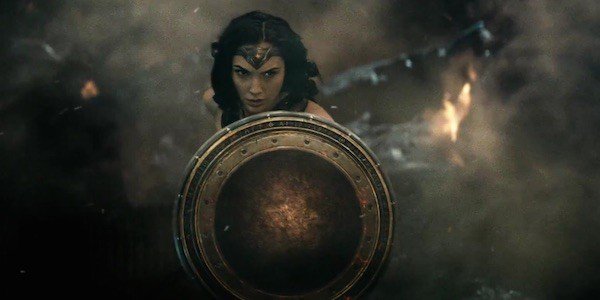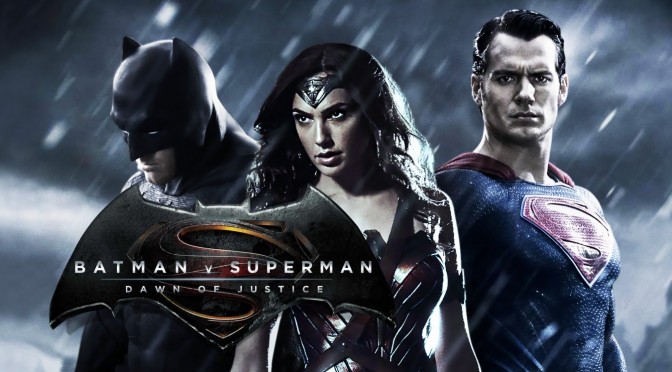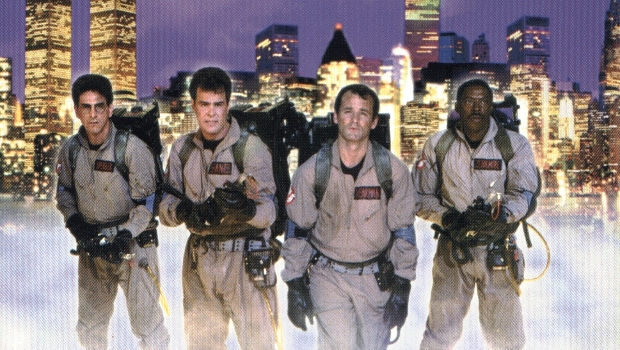We’ve blogged at length here about the culture war, and we’ve worked (as time and opportunity have permitted) to provide alternatives to The Narrative being rammed down our throats in every medium of pop culture. Comic books have been so blatantly cultural Marxist for so long, many people have given up on them completely, in disgust.
An alternative to the Leftist Hive Mind’s monopoly is long overdue. Maybe, just maybe, it is almost here.
After reaching its initial funding goal in only four hours, a new right-wing comics series, Alt★Hero, concluded its historic crowdfunding campaign by reaching the $245,000 mark. 2,190 backers signed on to help the alternative superhero series wage cultural war on the social justice-converged comic duopoly of Marvel and DC Comics.
Alt★Hero is being written by prolific Marvel and DC Comics veteran writer Chuck Dixon and six-time Hugo Award Finalist Vox Day. It will be published by Castalia House, Finland’s leading independent publisher.
The series is the creation of game designer Day, who is best known for being a member of GamerGate and publishing the political philosophy bestsellers SJWs Always Lie and SJWs Always Double Down. Alt★Hero features unconventional villains such as Captain Europa of the Global Justice Initiative and controversial heroes such as Michael Martel, a vigilante who drops off criminal undocumented immigrants at the local Immigration and Customs Enforcement office, and Rebel, a Southern girl whose superhero outfit incorporates the Confederate battle flag.
The breakout star of the campaign, however, has been Dynamique, a chain-smoking French model whose indifference to current events is only surpassed by her pragmatism.
“This is only the beginning,” said Alt★Hero creator Vox Day, who is writing six volumes of the series as well as co-designing the role-playing game. “Fans and retailers alike despise how Marvel and DC are trashing characters they have cherished for generations. That is why it’s not going to be too long before you’re going to start seeing Alt★Hero games, and eventually, movies.”
“I have an entire year’s worth of continuity funded to build a cast of characters in a brand new universe. Very inspiring, Very exciting,” said industry legend Chuck Dixon, the longtime Batman writer and co-creator of Bane, who is writing the first six volumes of the Alt★Hero series Avalon as well as a standalone novel entitled Avalon: Vendetta. “The city of Avalon is already a very real place in my mind. I think readers are going to enjoy visiting.”
“Astonishing demand,” added journalist Mike Cernovich on Twitter in response to the news that Alt★Hero had shattered the previous record for a new comic being crowdfunded.
In reaching 978 percent of its original $25,000 goal, the Alt★Hero crowdfunding campaign was the most successful in history for a new comics launch, and is the 22nd most-funded of the 10,553 historic comics-related crowdfunding campaigns.
What I hope is that Alt★Hero doesn’t descend into the poo-slinging, purity signaling “muh white nationalism” circlejerk that consumes so much of the “Alt-Right.” With writer Chuck Dixon involved at such a high level, I tend to doubt it, but we’ll see. I’m at least going to give Alt★Hero a chance. I continued to waste my hard-earned cash on irritating drivel from Marvel and DC even after being sucker-punched multiple times, so it’s only fair I give Alt★Hero the same chance(s). I’m a backer of the Alt★Hero crowd sourcing campaign, so I should get to see the first several comics, digitally, once they’re released.
I hope it is a truly right-wing comic, but actually, I’d be happy with an apolitical endeavor that just concentrates on good storytelling, without contriving all the obligatory sodomiphilia and Grrrrrl Power tropes tripe which usually causes me to stop reading /watching something, never to finish.

